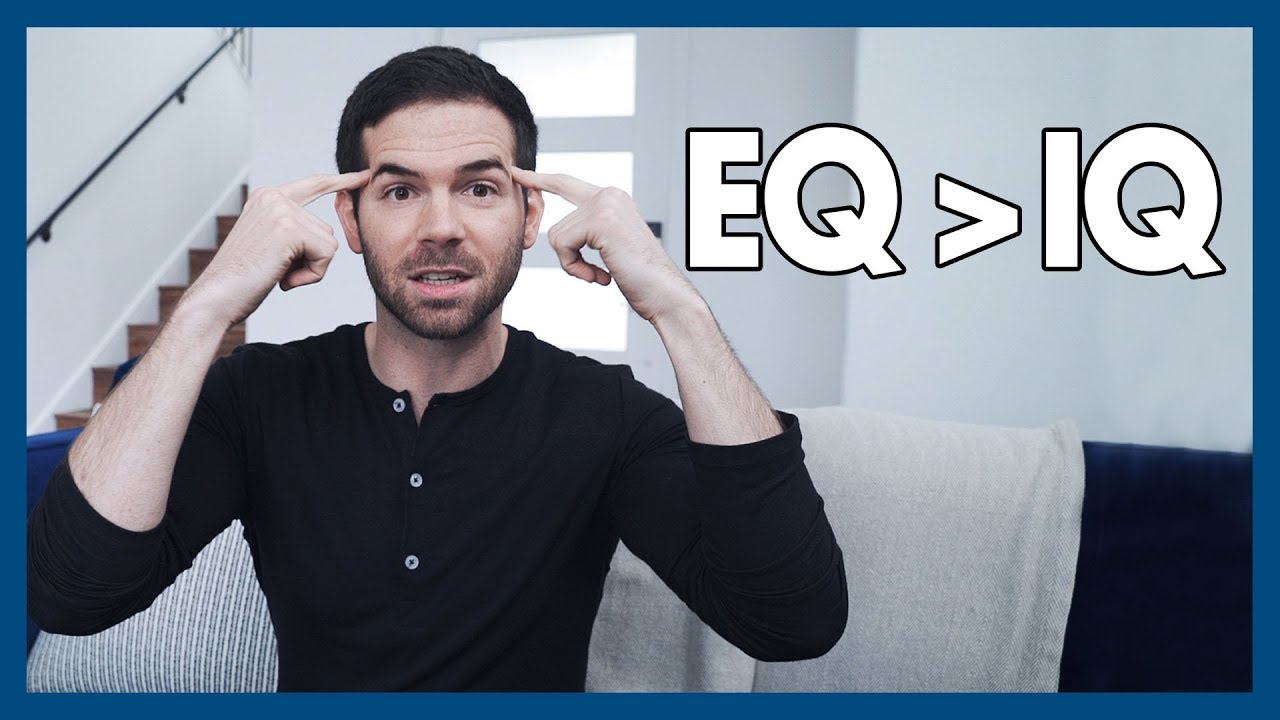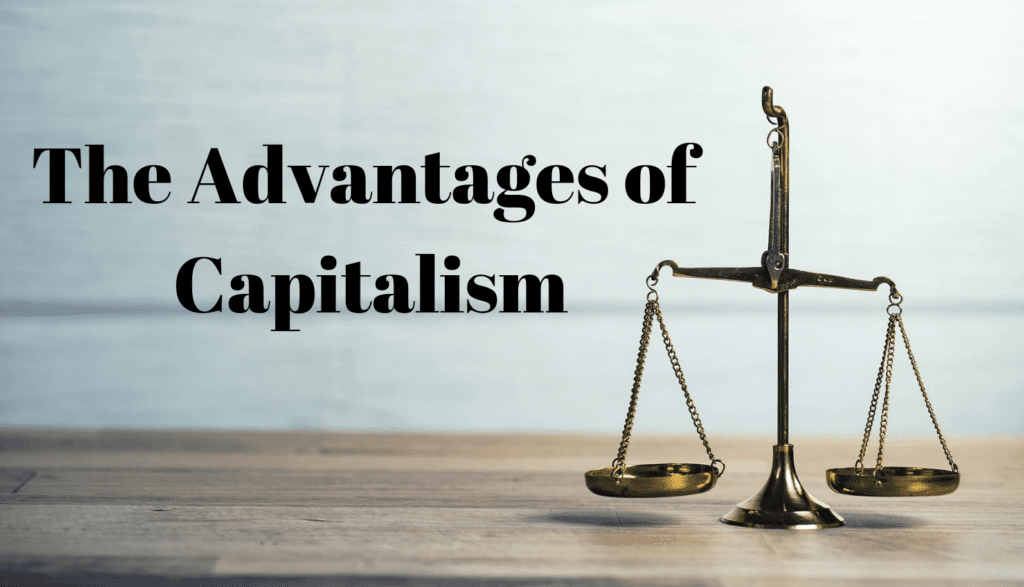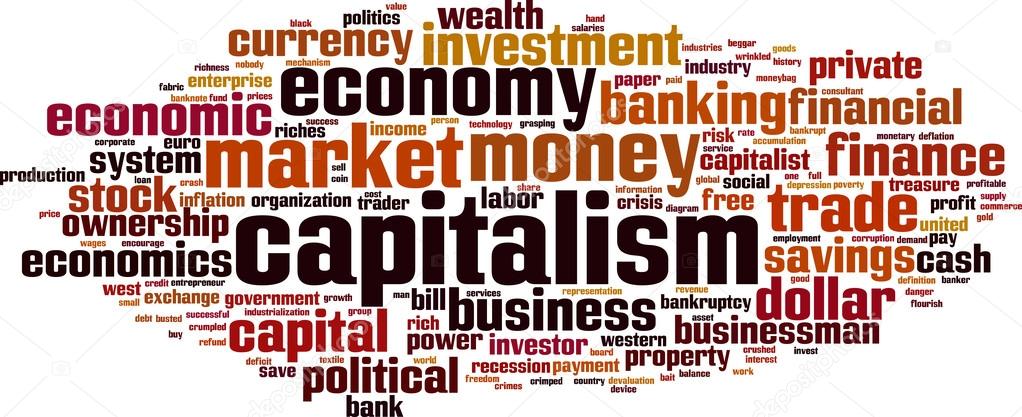Is capitalism evil? John Mackey speaks out.
We’ve all heard the negative connotations: greedy, immoral, opportunistic. No wonder so many people ask, "Is capitalism evil?"
John Mackey has something to say about this, even though some call him a quitter, unmotivated, and a loser because he dropped out of college. However, what if I told you that one college dropout would accomplish incredible things, like building a successful business that answered for him:
- What is capitalism?
- How can capitalism benefit society?
- Is capitalism evil after all?
John wanted to change the world by promoting healthy bodies and quality food. That’s why he founded Whole Foods. But then he realized that Whole Foods was just one cog in the machine that is our economy. Furthermore, the hardworking mechanic that improves that machine is capitalism. Conscious capitalism, as he puts it.
From college dropout to founding Whole Foods. John Mackey talks about capitalism and explains why it’s both beneficial and necessary for a prosperous economy.
Ready to learn why America’s economy needs to embrace conscious capitalism now more than ever?
Check out John Mackey’s full 60-minute talk at the Capitalism Conference:
The (Losing) American Economy
It’s bad.
American economic freedom is declining. In terms of economic freedom, America is being crushed by the competition, falling behind Hong Kong, Singapore, and the United Kingdom.
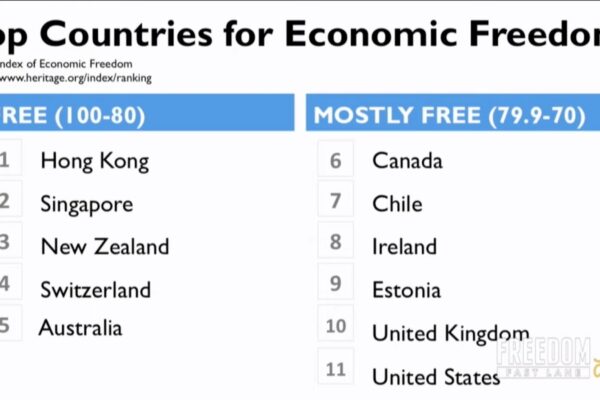
How did the land of the free come to this? Why is the American Dream buried beneath the dust of our competitors?
It’s simple.
America’s economic freedom is being stifled. Ultimately, our government is restricting what we should be embracing: capitalism.
Instead, capitalism is challenged by:
Is the American economy doomed or can we reverse this downhill slope?
John Mackey’s Proposal to Restore Our Economic Freedoms
John Mackey’s solution is simple: encourage capitalism.
To be clear, he’s not talking about “Crapitalism” where people exploit the government for special favors and advantages.
No, he’s talking about Conscious Capitalism. That is to say, he’s talking about:
John Mackey believes that capitalism is the greatest human invention ever. He says:
“Capitalism is based on individual liberty and it’s based on freedom of choice and it’s based on self-responsibility . . . Those are all undermined when you submit yourself to the control of government bureaucrats.”
Capitalism is the engine behind evolving society and improving lives… but many people don’t agree.
But Is Capitalism Evil? "Everyone" Says So
Let’s face it. Big business doesn’t have the best reputation. Furthermore, when people think big business, the words "highly ethical" usually don't come to mind.
People are wary of big business. They question their intentions. They scoff at rich CEOs. Finally, somehow they started equating capitalism with evil.
Capitalism is the villain in America. It's fixed on corrupting the American people and disrupting values.
But that’s absurd.
John Mackey speaks up to dispel these lies about capitalism.

Capitalism Myth #1: Businesses are unethical
John Mackey counters with The Principle of Voluntary Exchange.
Think about this.
When you go to a shoe shop, receive amazing customer service, and even a coupon for your next visit, you’re likely to return. You buy from that store again and again because you enjoy your experience every time.
But if you went to a shoe shop, didn’t receive any help, and the clerk was rude, you might decide against your purchase and leave.
A business transaction is a voluntary exchange. Customers pay for a good or service because they want to. Nobody is forcing your hand to swipe your card. People have the freedom to do business with you or take their business elsewhere.
Capitalism Myth #2: It’s a zero-sum game
A zero-sum game means that for somebody to gain, somebody else must lose. That’s how many people think of capitalism. To become rich, somebody must be poor.
But John Mackey reasons that this just isn’t true.
Because when capitalism is embraced, the opposite is achieved: everybody wins. When the government encourages economic freedom, it will:
Societies grow because capitalism allows it to. Therefore, economic freedom and economic growth go hand-in-hand.

But Is Capitalism Really All That Great? What About Capitalism Works?
Capitalism is the only system to drive growth and innovation.
Many would disagree. After all, when people think about business goals, they jump straight to making money. Yes, profit is important. But why don’t they apply this assumption to other professions?
People become doctors and scientists because it's high-paying. However, people say it’s because doctors want to heal and scientists want to discover. But businesses… businesses only want to make money.
Making money isn’t the only purpose for businesses. You might be surprised to learn that a business’ purpose is quite philanthropic:
Businesses create value.
Only businesses that offer value survive. If they don’t offer value, people won’t support that business. Consequently, it will go bankrupt.
Therefore, businesses are in competition with each other to create value. Businesses that foster talent and creative solutions are the ones that will boost the American economy.
Government NEEDS Capitalism
If you think about it, businesses create more value in the world than any government and even non-profit organizations.
Where do government and non-profit organizations get their money from?

Businesses.
If you encourage economic freedom, then businesses can flourish. When businesses flourish, it generates the revenue government needs to afford things.
You may have never heard this before but businesses are the heroes of the story:
So when people think that big businesses are the problem, that’s not always true. John Mackey says:
“The problem is not that there is an unequal distribution of wealth in the world. The problem is there is an unequal distribution of capitalism.”
Still Skeptical? Well, How About Sweden?
Sweden became a wealthy country in the first half of the 20th century but do you know why? It’s because the Swedish government embraced capitalistic values:
However, Sweden shifted direction in the 1960s. They moved away from capitalism by:
What happened?
Sweden’s economy plummeted. The decline of economic freedom resulted in the economy’s decline.
Panicked, Sweden wanted to reverse this negative trend. In 1993, Sweden realized their mistakes and reinstated capitalist values by:
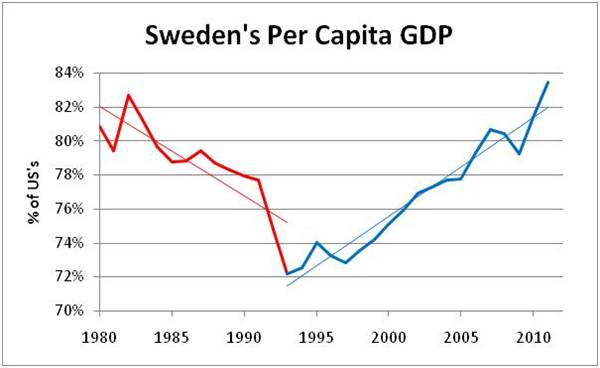
Remember what John Mackey said earlier about businesses? The purpose of a business is to create value. When a society smothers capitalism, innovation gets stale and the economy doesn’t evolve.
America Needs To Follow Sweden’s Example
Sweden cut the corporate tax rate to 22%. But guess how much the corporate tax rate is in America?
It is at least 35%, depending on which state you’re in.
That’s right. Uncle Sam has his hands in your pockets and is taking 35% of the profits.
But imagine if that money was invested back into the business? That money would be used to:
Instead, a big government takes that money and spends it with wild inefficiency. America is falling behind in the competition because the government is placing restrictions on capitalism. That is to say, we need to limit government regulation, cut corporate taxes, and nurture our entrepreneurs.
Our economy needs conscious capitalism.
John Mackey Dives In: What Is Conscious Capitalism?
People don’t like CEOs. You see their names smeared in headlines. It's always bad news about big businesses.
We need to start with shifting public perception. To do that, you tell a better story. And John Mackey tells a story that cuts through the noise to the truth.
Conscious Capitalism is John Mackey’s definition of an ideal capitalist society. It operates under four tenets:
Tenet #1: Purpose
Businesses need to shift from profit maximization to purpose maximization. People remember businesses who have clear purposes:
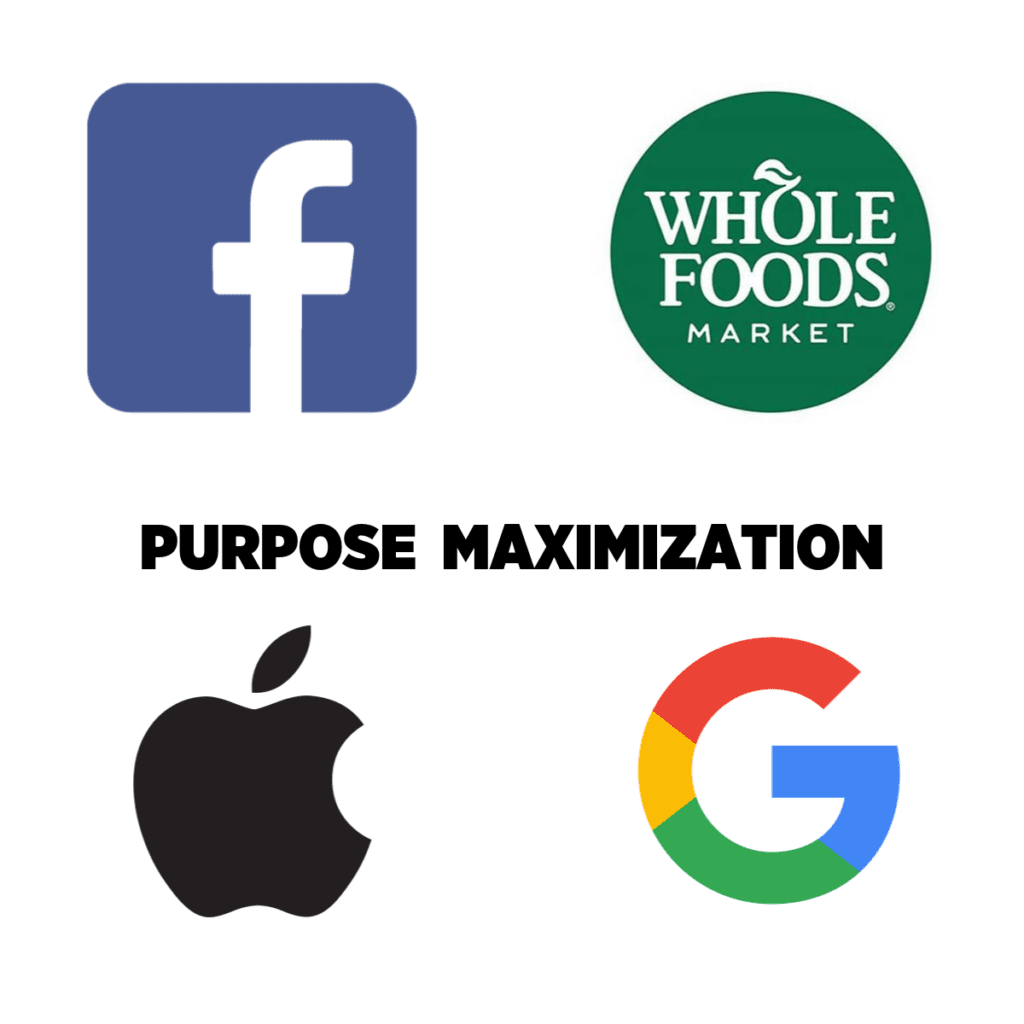
What’s the purpose of conscious capitalism? To improve society by encouraging businesses to communicate their purpose, serve their stakeholders, improve leadership, and foster a positive culture.
Think about your business. Can you clearly define its purpose? If you can’t, return to your mission statement. Cut through the fluff and identify concisely what your business aims to achieve. Under which virtues does your business operate?
After you define your business’ purpose, communicate it. Be clear on what your business stands for and communicate that consistently in your branding.
Tenet #2: Stakeholders
Stakeholders don’t exclusively mean shareholders. A stakeholder is anybody who has a stake in a company’s growth (or decline).
That means employees, employers, shareholders, and customers alike.
Above all, conscious capitalism is about catering to ALL stakeholders within a business. For a successful business, the process looks something like this:
- Management hires the best people and trains them well.
- Well-trained employees make customers happy.
- Happy customers become repeat customers and advertise by word-of-mouth.
- Finally, repeat, happy customers make investors happy.
Happy team members lead to happy customers lead to happy investors.
Tenet #3: Conscious Leadership
When you think of great business leaders' qualities, you might think of inspirational, decisiveness, and intelligence.
But there are two characteristics you don’t hear enough of:
The first is spiritual intelligence. And this has little to do with religious dogma. For the conscious capitalist, it means:
The second is emotional intelligence. Emotional intelligence is a two-part formula:
- Self-awareness. Capitalizing on your strengths but still recognizing your flaws. This keeps you humble and dedicated to self-improvement.
- Empathy. If self-awareness is an inward understanding, then empathy is outward. Empathy is the ability to listen. Certainly, conscious capitalism requires business leaders who listen.
Conscious leaders listen to their employees. They listen to their shareholders. But most importantly, they listen to their customers.
Want to develop your emotional intelligence? Check out these tips from Capitalism.com founder, Ryan Moran:
Tenet #4: Conscious Culture
In short, can you build a business based on love?
Odd question, yes. But this question is to challenge the idea that business is all cold calculation. As a result, many people think that businesses are either:
But it’s not always that way. Love should be a crucial element in any business. You should love your product or service. You should love offering value. Finally, you should love solving problems.
A conscious culture is also about holding you and your business accountable to your values. Moreover, that includes integrity. Integrity is admitting when you’re wrong instead of sweeping it under the rug. Most certainly, in today’s culture, accountability is everything.
Don’t lie. People are getting smarter. They know what authenticity looks like and can smell deception from a mile away.
That is to say, be ethical by dedicating your business to its values.
Are You a Capitalist? Walk With Us
John Mackey believes that the capitalists are walking a path that will determine the future of economies everywhere. Certainly, we at Capitalism.com share John Mackey’s belief.
John Mackey knows that capitalists are the value-drivers that will change the world when he said:
“Those of us alive today have the opportunity to lead the most meaningful lives ever lived. Our challenges are great, but so is our entrepreneurial creativity . . . there are no problems we are incapable of solving collectively.”
And solve problems, we will.
If you haven’t watched the video yet, you’re missing out. John Mackey’s shares his thoughts on solving global problems through personal responsibility, entrepreneurship, and profit. CLICK HERE to watch John Mackey’s FULL 60-minute talk at the Capitalism Conference.


